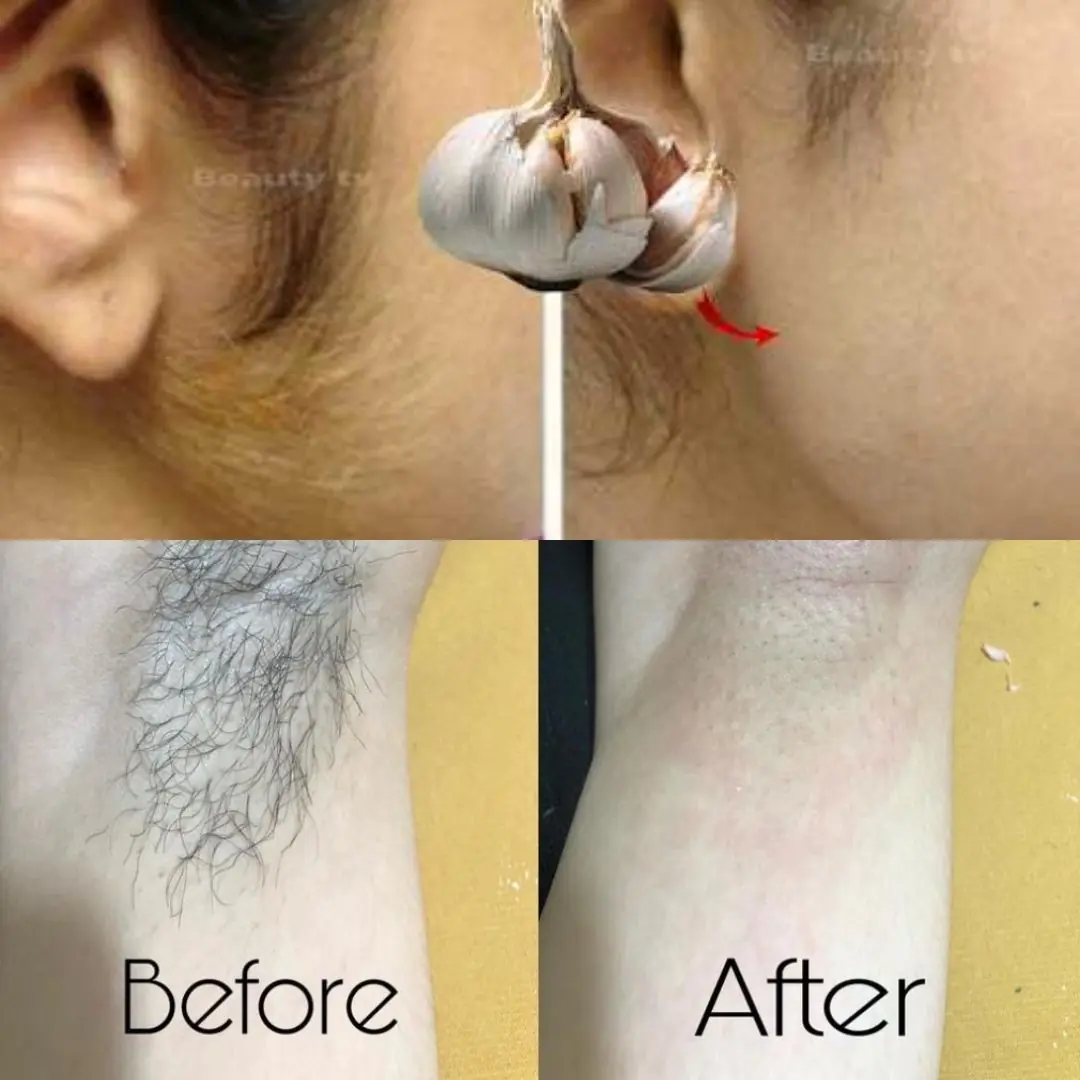
Simple sponge test can help find cancer 'hiding in plain sight' as symptoms often mistaken for indigestion

Charity Urges Wider Access to Groundbreaking Sponge Test That Could Detect Cancer Mistaken for Heartburn
By Niamh Shackleton
A simple and innovative sponge test could revolutionize the early detection of a rare type of cancer that is frequently mistaken for something as common as heartburn.
Cancer symptoms are often deceptive, mimicking other more benign conditions. In one striking case, a woman dismissed her discomfort as a urinary tract infection (UTI), only to later discover she had a rare form of cancer known as desmoplastic small round cell tumor (DSRCT).
This scenario isn't unique. Many cancers, especially oesophageal cancer, have symptoms that are easy to misinterpret.
According to the Mayo Clinic, symptoms of oesophageal cancer may include difficulty swallowing, chest pain, hoarseness, persistent coughing, unintended weight loss, and chronic indigestion or heartburn. Because these signs can appear mild or commonplace, they are often overlooked until the disease reaches an advanced stage.
Although oesophageal cancer is relatively rare, heartburn is a common ailment, affecting as many as one in four adults in the UK, according to Guts UK. This high prevalence makes it easy for individuals—and even doctors—to misattribute symptoms to less severe issues like acid reflux.
However, a simple diagnostic tool might help change that narrative.
Introducing the Sponge Test: A Less Invasive Alternative
The Cytosponge, often referred to as the "sponge on a string," could be a game-changer in detecting early signs of oesophageal cancer. The test involves swallowing a small capsule attached to a string. After a few minutes, the capsule dissolves and releases a sponge that expands to about the size of a 50p coin. When pulled back up by the string, it collects cells from the lining of the oesophagus.
The collected sample is then analyzed for abnormalities associated with Barrett’s oesophagus—a condition that significantly increases the risk of oesophageal cancer.
This minimally invasive procedure is far less intensive than the current gold standard: an endoscopy, which requires sedation and hospital resources. The Cytosponge could make early screening more accessible and affordable, potentially saving countless lives through early diagnosis.
Meet the Advocates Behind the Push for Change
The sponge test was developed by Professor Rebecca Fitzgerald, Director of the Early Cancer Institute at the University of Cambridge. She has long advocated for its use as a front-line screening tool, particularly for patients experiencing chronic heartburn or acid reflux.
Mimi McCord, founder of Heartburn Cancer UK, has joined the call to expand access to the test. She founded the charity after losing her husband to oesophageal cancer in 2002—a loss that drives her mission to raise awareness about this often-overlooked disease.
“Cancer of the oesophagus is a killer that can hide in plain sight,” Mimi told Metro. “People don’t always realize it, but not all heartburn is harmless. While they keep on treating the symptoms, the underlying cause might be killing them.”
She continued, “We have a test. We know it works. People are dying while we wait to make it widely available.”
Currently, the Cytosponge is only available to high-risk patients in the UK, despite being FDA-approved for use in the U.S. since 2018. Yet its use in clinical practice across the U.S. remains limited, with most physicians still relying on traditional endoscopy.
Potential Benefits: Early Detection, Cost Savings, and Better Outcomes
Expanding access to the Cytosponge could offer several major benefits:
-
Earlier diagnosis, when the cancer is more treatable
-
Reduced need for endoscopy, freeing up healthcare resources
-
Increased public awareness of the link between chronic heartburn and oesophageal cancer
-
Improved survival rates for patients who would otherwise be diagnosed too late
Moreover, the test is painless, quick, and can be done in a GP’s office, making it an ideal screening tool for general use.
Public Reaction and Room for Improvement
Although public awareness of the Cytosponge is growing, there are still concerns. Some patients have shared worries about discomfort or gag reflexes. However, in recent versions of the test, the sponge only remains in the oesophagus for about five minutes—making it more tolerable than many assume.
For those with a strong gag reflex, future iterations of the device or alternative sampling methods might further improve accessibility.
A Call to Action
Cancer charities, healthcare professionals, and advocates are now urging health services to fast-track the broader rollout of the sponge test to patients across the UK and beyond.
In a healthcare landscape where early detection is often the key to survival, the Cytosponge represents more than just innovation—it represents hope.
“We are at the edge of a transformation,” said Professor Fitzgerald. “The sooner we bring this test to the masses, the more lives we can save.”
News in the same category


11 Reasons Why You Should Drink Aloe Vera Water Every Day
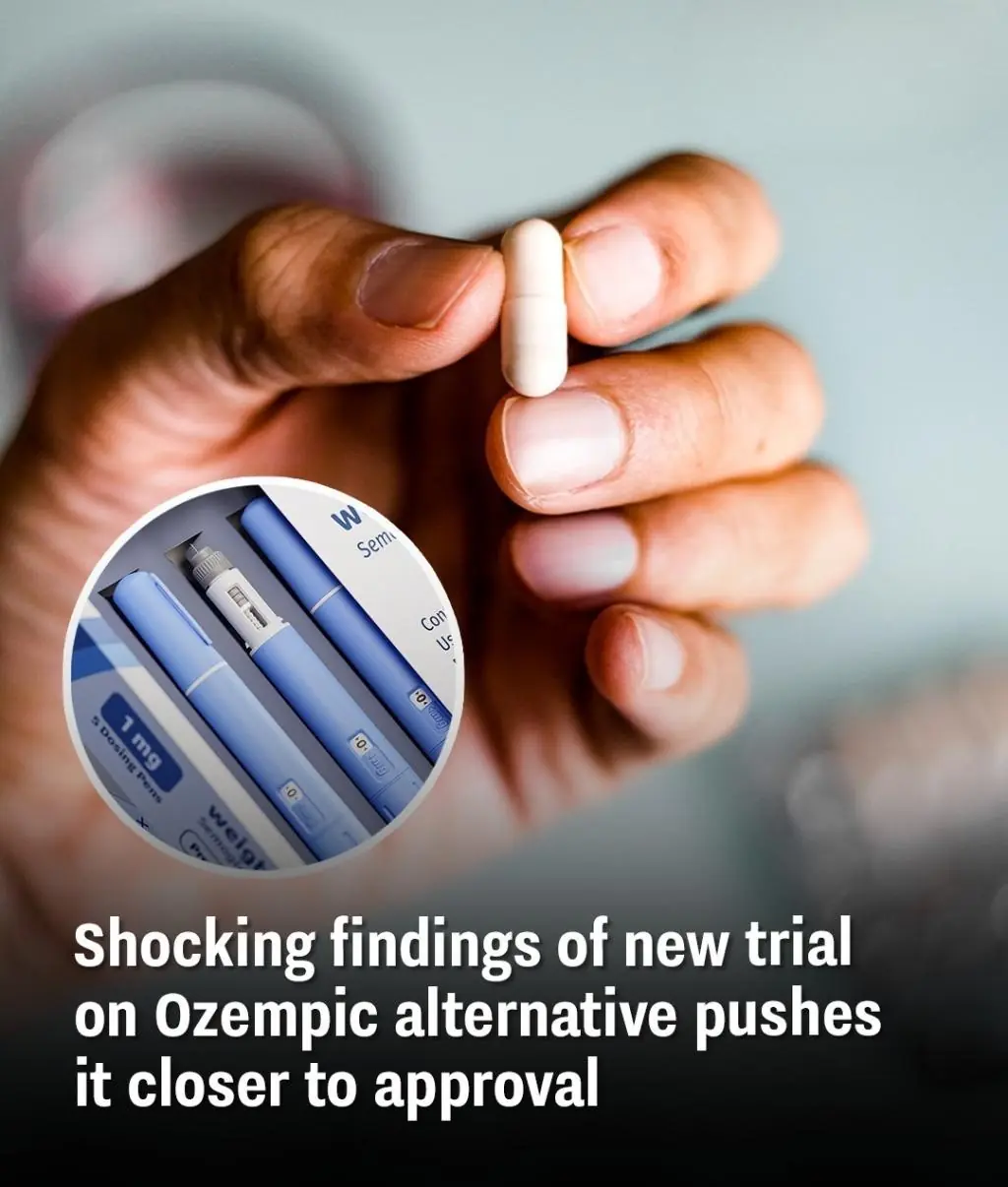
Shocking findings of new trial on Ozempic alternative pushes it closer to approval

Experts Warn People To Get Rid Of This Common Bedroom Item Over Fears It Might Harm Brain Health

The Side Effects of Ibuprofen You May Not Be Aware Of

6-Year-Old Boy Suffers Stroke After Waking Up – Doctor Urges Parents to Know These 4 Warning Signs to Save Their Child
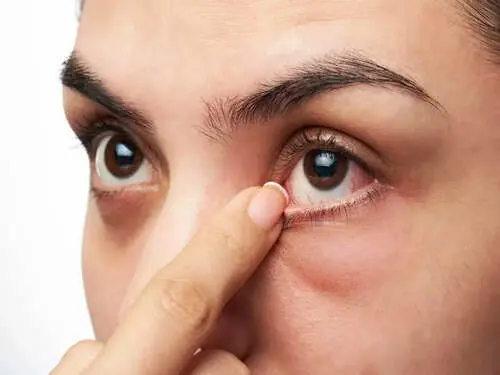
3 Eye Symptoms That Could Warn of a Stroke or Cancer – Don’t Ignore Them

17 Common Foods That May Trigger Kidney Stones – What to Avoid for Healthier Kidneys
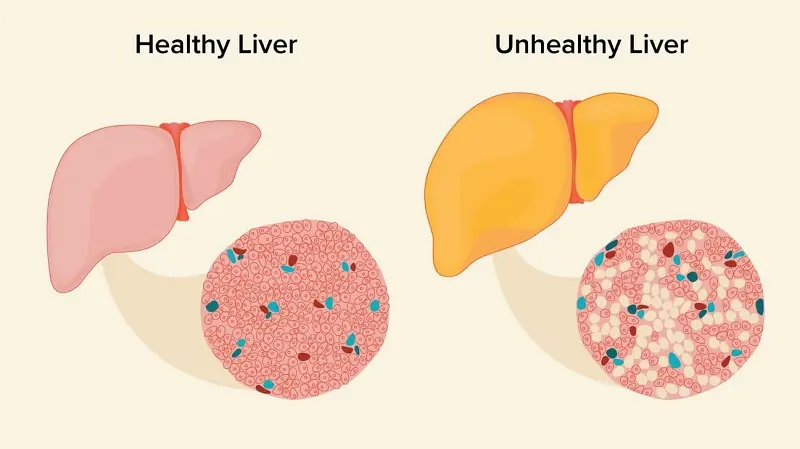
12 Strange Signs in Your Feet That Could Be Warning You About Liver Problems

If these happen to you, it’s high time you see a doctor

Man who saw ‘proof’ that ‘death is not the end’ explains the seven levels of afterlife

Over 50 Individuals Die Within Hours Of Symptoms Of An Unknown Illness Alarming Doctors
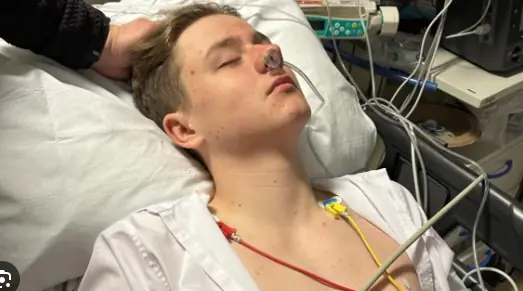
Warning sign of teen’s inoperable cancer that hit hours before diagnosis – now nothing can be done
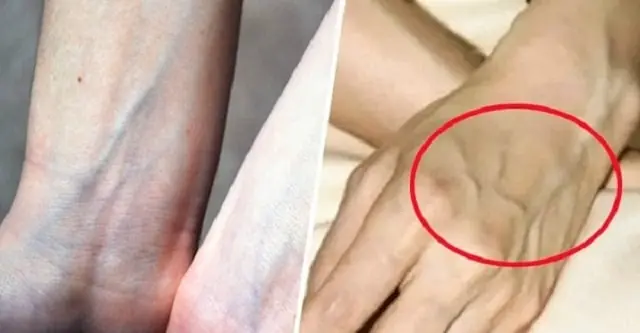
If You See Someone with 'Visible Blue Veins', You Must Tell Them This — It Could Save Their Life
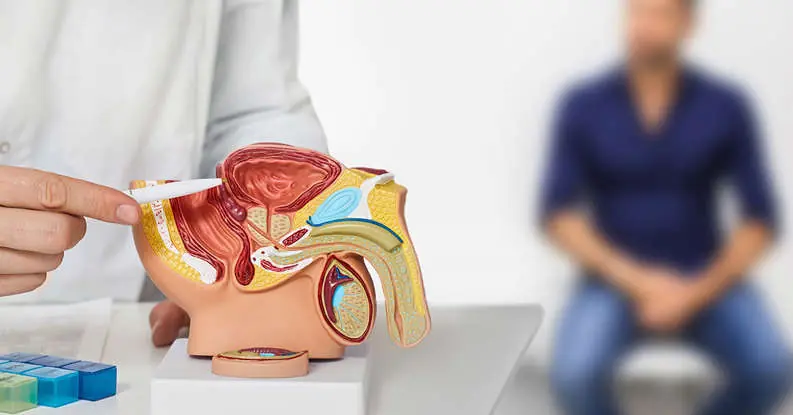
Common Habit Linked to 45% Higher Risk of Prostate Cancer in Men
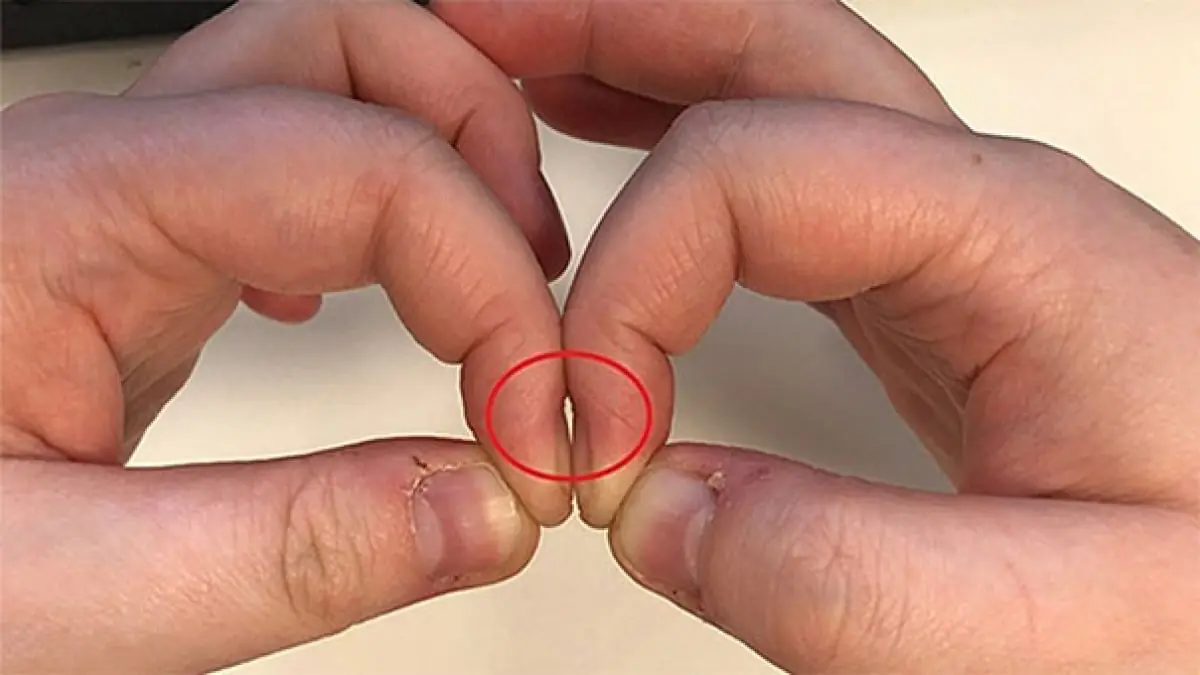
Placing Two Index Fingers Together Can Reveal Lung Cancer: A Quick Test Used by Doctors

The Surprising Reason to Keep a Glass of Water by Your Bedside at Night

Scientists Have Identified Specific Cognitive Skill Linked To Longer Life In Older Adults
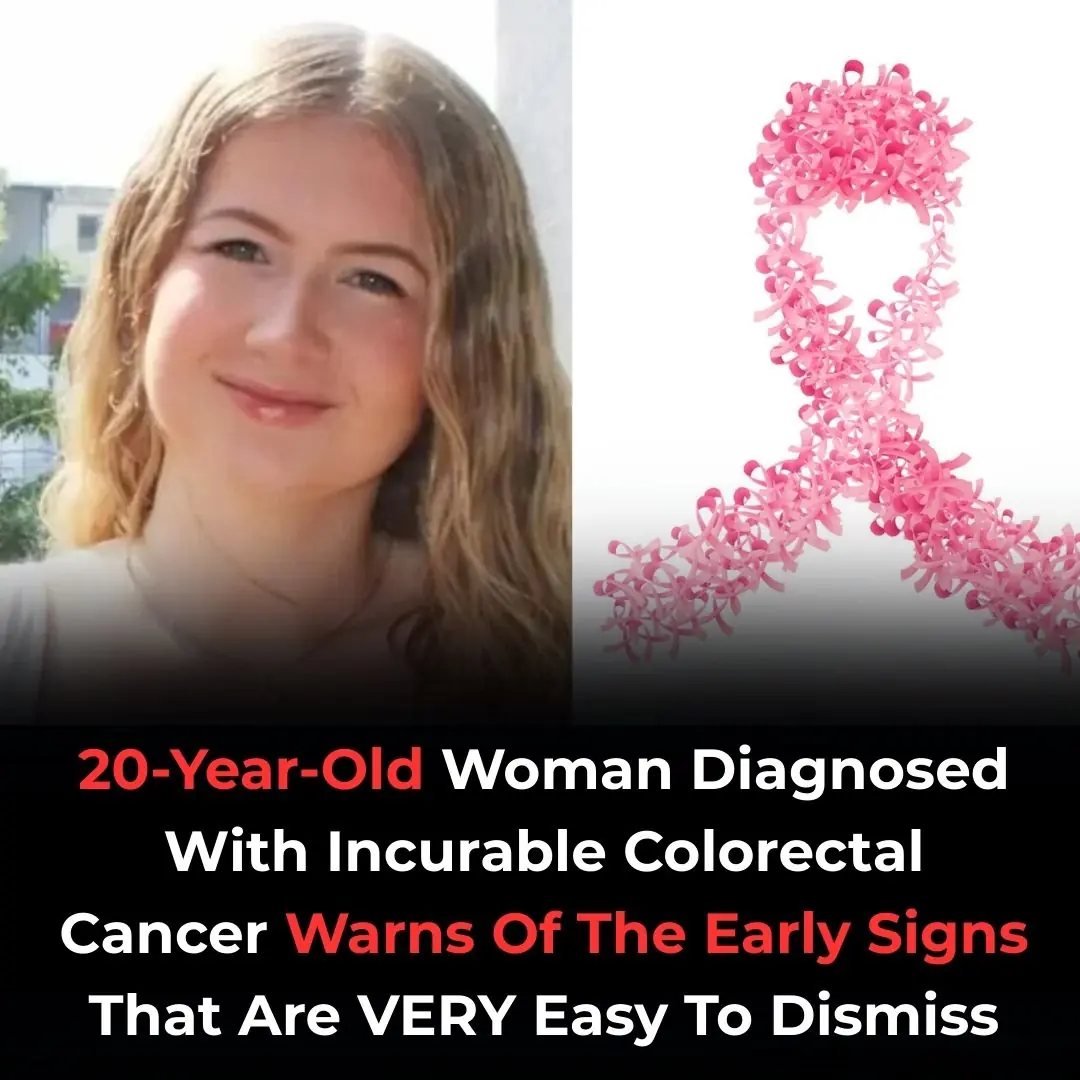
21-Year-Old Woman With Terminal Colon Cancer Warns Of The Early Symptoms That Are Simple To Ignore

Understanding the Causes of a Fishy Vaginal Odor
News Post

Here’s What The Lines On Bath Towels Actually Mean

Fake Honey is Flooding The Market — Here’s How To Spot The Real Thing

Here’s What It Really Means When A Man Turns His Back In Bed

Stop Shaving! Discover Natural Ways to Permanently Remove Facial, Body, and Pubic Hair

11 Reasons Why You Should Drink Aloe Vera Water Every Day

Shocking findings of new trial on Ozempic alternative pushes it closer to approval

Experts Warn People To Get Rid Of This Common Bedroom Item Over Fears It Might Harm Brain Health

The Side Effects of Ibuprofen You May Not Be Aware Of

6-Year-Old Boy Suffers Stroke After Waking Up – Doctor Urges Parents to Know These 4 Warning Signs to Save Their Child

3 Eye Symptoms That Could Warn of a Stroke or Cancer – Don’t Ignore Them

My MIL Ruined Our Wedding Three Times – But She Was the Only One Who Lost in the End

Child Made a New Friend at School, but Mom Is Shocked to Learn Who the Girl's Mother Is

I Became a Surrogate for My BIL and His Wife – When He Saw the Baby, He Yelled, 'This Must Be a Mistake!'

My Ex-husband Gifted Our Kid a Rocking Horse – When I Saw What Was Inside, I Called My Lawyer

My Husband and His Mistress Accidentally Got Into My Taxi So I Gave the Cheater an Anniversary He’ll Never Forget

Man Mocks Wife for Gaining Weight after Giving Birth, Finds Her Diary after She’s Hospitalized
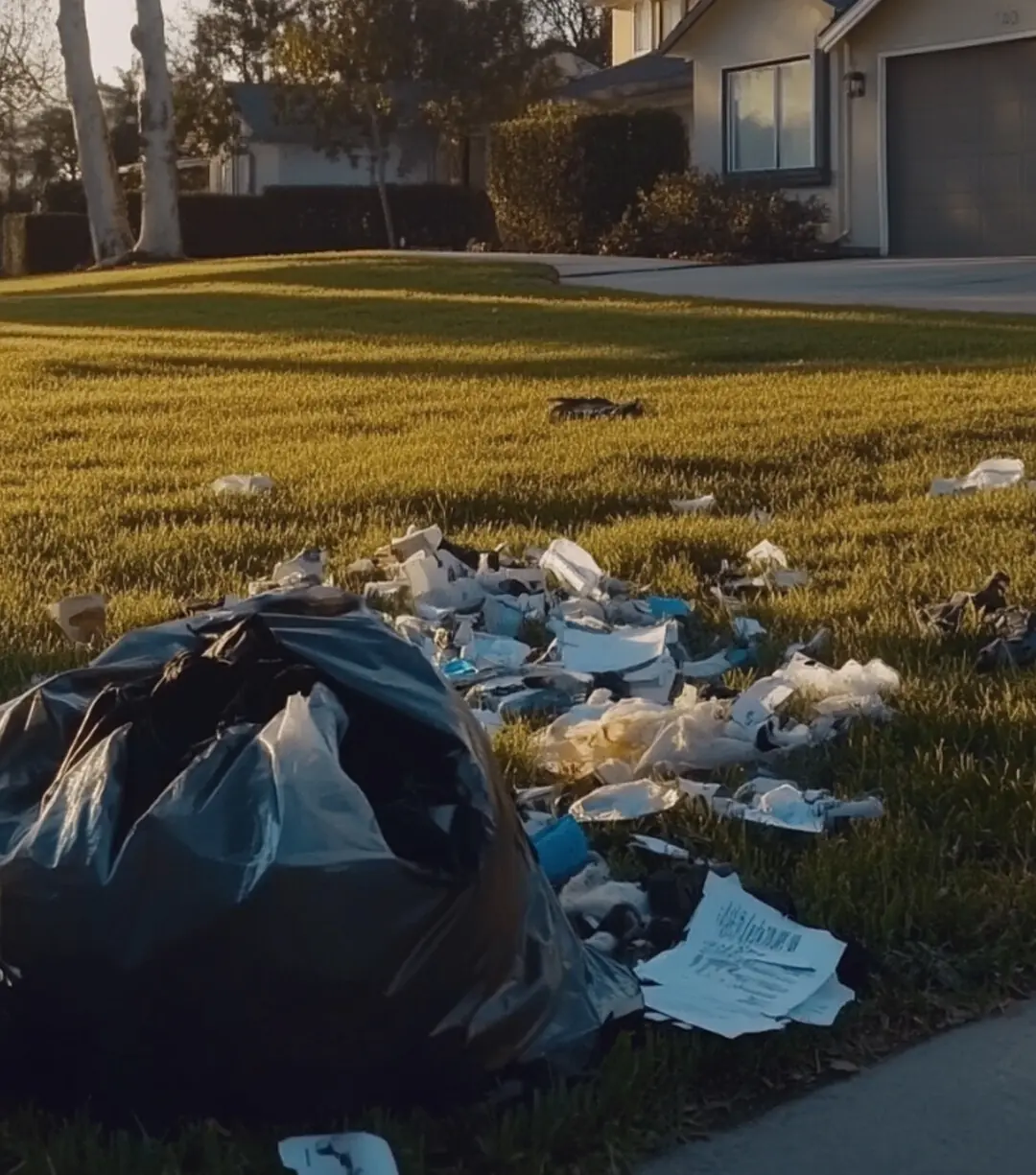
My Stepdaughter Betrayed Me and Kicked Me Out After I Raised Her Like My Own – So I Used My Experience to Turn My Life Back Around

17 Common Foods That May Trigger Kidney Stones – What to Avoid for Healthier Kidneys

12 Strange Signs in Your Feet That Could Be Warning You About Liver Problems
